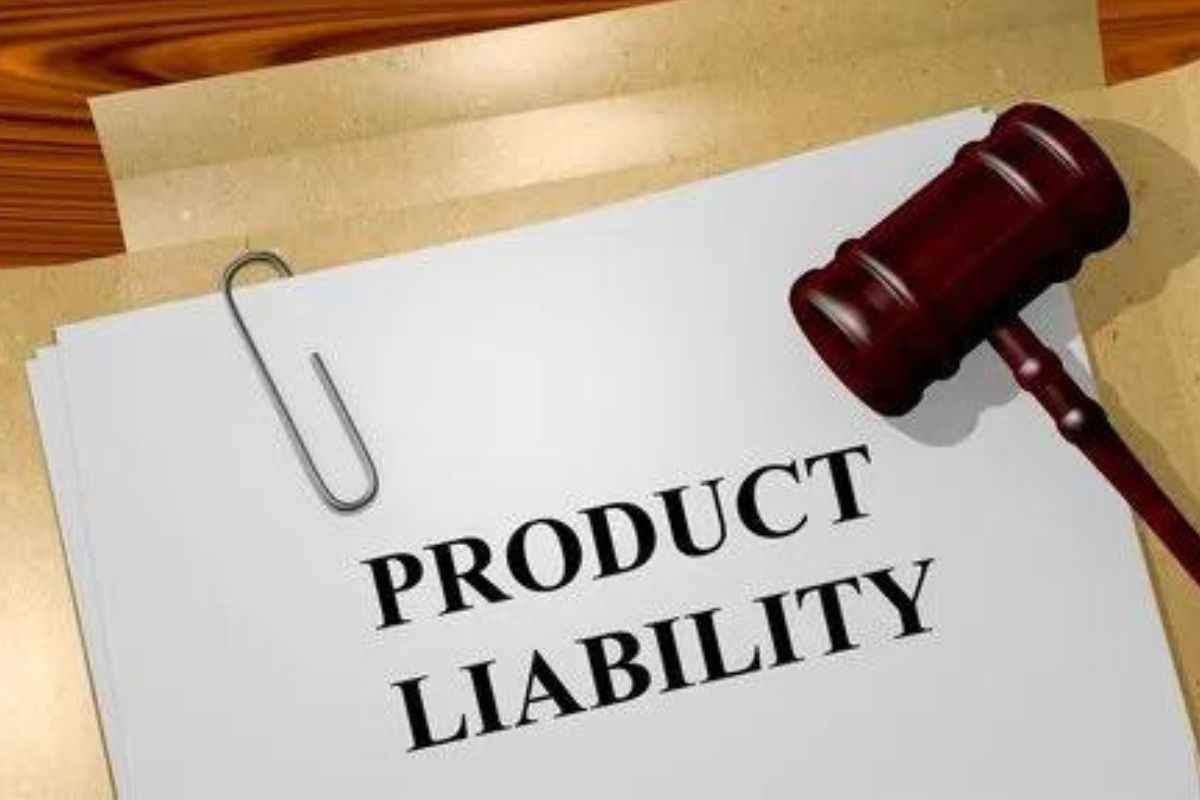
Item obligation protection is a fundamental cover for any business that sells or fabricates items. It is seldom sold as an independent item yet is frequently added to a public risk protection strategy.
Table of Contents
Item risk protection secures your business should a client bring about harm because of a flaw with the item you have given them. It takes care of the obligation for compensatory costs, legitimate charges, and some other expenses related to the case.
It’s vital to guarantee that you are covered should the unimaginable occur and a client is harmed because of a broken item sold by your business.
A pay guarantee for a broken item can be brought against a maker any time within three years of utilizing the item, and sometimes considerably more. This implies that you should keep your cover going in holes of assembling or if you quit exchanging by and large.
Each case is treated depending upon the situation and has no legitimate cutoff for how much it may cost. Cases are determined depending on the seriousness of the individual case and the size of the misfortune.
This implies you should cautiously consider the degree of cover you need so as not to be underinsured.
You don’t have to fabricate an item to require item obligation. Bringing in and fixing at times is sufficient to make you obligated. Underneath we take a gander at a portion of the circumstances where a business may require item obligation protection.
Likewise, if the real producer has left the business or can’t unmistakably be distinguished then the vendor of the item could be expected to take responsibility.
While the producer will hold extreme responsibility if these viewpoints don’t have any significant bearing on your business you, as the retailer should give certain proof, for example, that the items were broken when provided to you.
Few out of every odd business requires item obligation protection, it relies upon what your organization gives. For instance, a preparation and consultancy business will give a B2B administration instead of an item and subsequently won’t need item responsibility protection.
Nonetheless, a business that makes devices for firms in the development business, for example, will without a doubt require fabricating responsibility protection.
A business can be both or either. This relies upon the plan of action and who their clients are. We will speak more about the duties of each in the following area however first we should see precisely which class or classifications may concern you.
The biggest part of the obligation towards item risk falls on the maker of the item. This can include:
Retailers and distributors such as shops and vendors are not for the most part straightforwardly mindful in an item responsibility case yet still have an obligation of care to their clients.
When creating or selling products, by law, they are needed to be ok for their planned use. By tolerating the obligations here it can likewise be shown that a degree of care has been taken to keep the customer protected and mindful of any danger while utilizing the item.
Item responsibility protection covers a paid body of evidence brought against a maker for misfortune, harm, or injury, which can be made at any time within three years of utilizing the item.
At times this can be longer. There could be no furthest cutoff to how much the case can be and is determined against the seriousness of the individual case and the size of the misfortune.
Public liability insurance protects businesses from being held liable for injuries or damages that occur to third parties as a result of business operations. Product liability insurance protects businesses from being held liable for injuries or damages that occur to third parties as a result of using the business’ products.
You need business insurance to protect yourself financially and legally if you sell products online. Insuring your business can lower your risk and protect your inventory from any damage or loss and employees against accidental scenarios, like supply chain issues or on-site injuries.
Product liability insurance is a form of insurance that protects businesses against claims arising from injuries or damages caused by products that they have manufactured or sold.
This type of insurance can help businesses protect themselves against the financial costs of defending themselves against such claims, as well as any damages that may be awarded if they are found to be liable.
If you are thinking about taking out product liability insurance, it is important to compare the policies from different insurers to make sure you are getting the coverage you need at a price you can afford.
Why Proper Export Packing Matters Exporting fragile and valuable items requires careful planning. Incorrect packing…
Pallet racking plays a central role in how a warehouse functions day to day. The…
Owning commercial property represents a significant financial and operational commitment. Whether the asset is a…
Exploring island beaches, diving locations, or the energetic city life are all amazing experiences when…
Growth in the mortgage sector requires more than increased case volume. Advisers must balance commercial…
Acoustics are crucial in any space, whether it's an office, classroom, or home workspace. Poor…